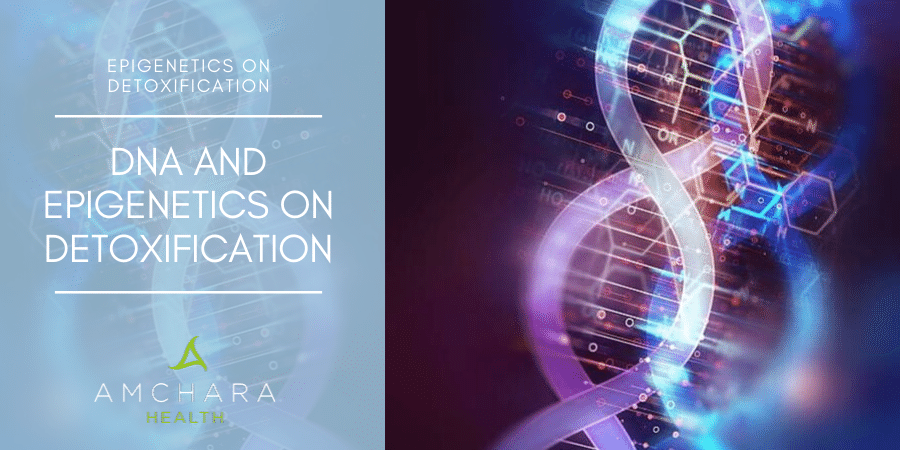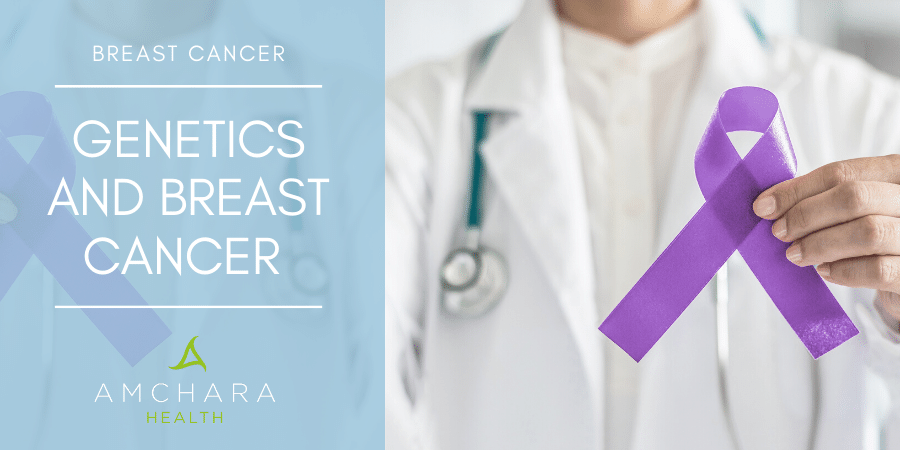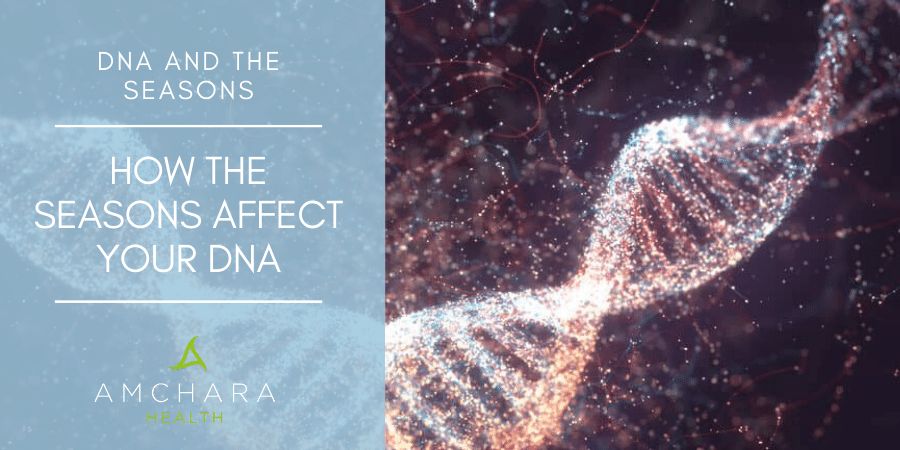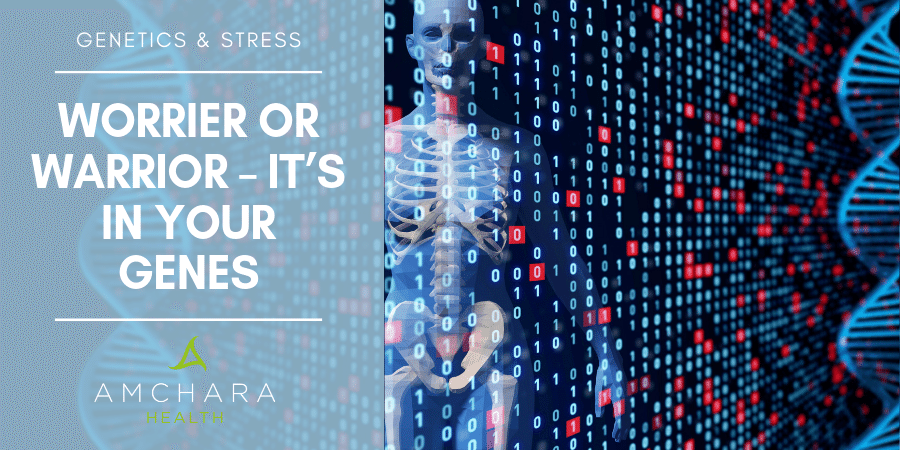If you are curious about how your DNA and genes affect your health and would like to know more specifically about detoxification without getting too tied up in scientific knots, this short guide should give you an idea as to what it all means.
We always take an evidence-based approach and aim to provide you with actionable knowledge and tips to help you on your journey to optimal health.
This article examines the effects of DNA and epigenetics on your detoxification systems; how you can tell whether your genes are functioning as they should and what you can do to improve your detoxification pathways if they are not.
DNA is a hot topic amongst scientists these days because of its enormous importance in genetic and medical progress.
Your DNA controls every function each cell in your body performs and can have a significant impact on your detoxification pathways, which may influence your long term health.
First things first – DNA
(Deoxyribonucleic Acid)
DNA is a complicated subject so, putting it into simpler terms may help to explain how it all works.
Every cell in your body contains various organelles (tiny cellular structures) that carry out essential and specific functions, such as converting energy from food or producing proteins.
One of the most important organelles is the nucleus – a kind of command centre, which houses the DNA and instructs the cell to grow, mature, divide or die. (1)
Your DNA is a bit like a gigantic instruction manual. It contains around 20-25,000 genes, which can be thought of as the pages within the manual.
These gene sequences are encoded with all the inherited details that are needed for the growth and maintenance of all the systems in your body – a kind of blueprint for life.
Each cell is guided by instructions read from the genes (the pages in your manual).
The instructions tell the cells how to build the proteins and enzymes that are needed to perform specific functions in the body including detoxification.
From DNA to epigenetics
Not all the genes in your DNA are active, some are dormant, and it is the sequence of active genes that determine your life instructions and which is controlled by epigenetics. (2)
Epigenetics is the study of how biological mechanisms can influence the expression of your genes.
Epigenetic changes are modifications to your genes made by chemical compounds that attach to them and regulate their activity.
In short, epigenetic changes determine whether your genes are switched on or off.
They can allow these modifications without affecting the underlying DNA sequence. (3)
You could think of epigenetics as a set of marker pens that highlight certain pages (or genes) within your DNA (instruction manual).
The highlighted parts tell the cells which pages to read.
Epigenetics determine how your cells specialise – whether they turn into skin cells or liver cells, or whether you end up with brown hair or blue eyes. (4)
Epigenetic changes can also have more damaging effects that can result in diseases like cancer or dementia. (3)(5)
As well as this, external stimuli can cause your genes to be switched on or off and this can happen throughout your entire life.
Although epigenetic factors are more stable when you reach adulthood, they can still be modified by lifestyle choices and environmental influences such as:
- What you eat
- How much you sleep
- Where you live
- The kind of work you do
- The amount of exercise you get
- Stress
- Pollutants
What do DNA and epigenetics have to do with detoxing?
The human body has evolved complex systems of detoxification enzymes in order to transform toxins into safer substances that can be eliminated easily.
Like everything else it is controlled by your genes and can be altered by epigenetics.
Scientists have found that detoxification genes are highly individualised and work at different rates due to genetic variations, this is referred to as a polymorphism.
Your genes play a vital role in your ability to detoxify, specifically through a chemical pathway called methylation, which is a common type of epigenetic modification.
Methylation involves attaching small molecules called methyl groups to segments of DNA.
Methyl groups are one of the chemical compounds mentioned earlier, that initiate reactions such as activating an enzyme or turning off a gene.
Enzyme activity is vital for the detoxification process.
Sometimes errors in the epigenetic process can lead to abnormal gene activity or inactivity, which causes genetic disorders.
These genetic disorders are thought to lead to a vast array of diseases.
For example, certain genes determine how cells detoxify cancerous substances.
Some individuals may have an increased capacity to activate carcinogens due to the influence of epigenetics and subsequently have an increased risk of cancer.
The methylation pathway can be affected by a genetic mutation called MTHR.
The MTHR enzyme plays a key role in your body’s detoxification processes.
Individuals with the MTHR mutation may, therefore, have issues detoxifying, leaving them more susceptible to ill health.
How to enhance your detoxification pathways and improve your health
So how would you know if your genes were affecting your detoxification systems and what can you do about it?
Not everyone with the MTHR mutation will experience problems with detoxification.
Other epigenetic factors may also influence these pathways.
Scientists have identified a number of factors that might modify epigenetic patterns, such as:
- Nutritional choices
- Obesity
- Exercise
- Smoking
- Alcohol consumption
- Environmental pollutants
- Psychological stress
By making changes to your diet and lifestyle it is possible you could enhance your detoxification pathways and improve your long term health
For example, a diet that includes plenty of organic meat and dark leafy green vegetables will provide important methyl donors such as folate and vitamin B12.
Other changes that could influence your detox pathways include:
- Losing weight (if appropriate)
- Increasing your physical activity
- Giving up smoking
- Giving up alcohol or moderating your consumption
- Finding a way to manage stress (yoga, breathing exercises)
- Reducing your exposure to environmental toxins
How genetic testing can inform your future health
Well balanced nutrition, keeping hydrated, sleeping well and regular exercise will influence your detoxification pathways and long term health in a positive way.
But if you really want to examine what is going on in your body so that you can make specific changes, genetic testing can open up a world of possibilities.
Genetic tests provide a tremendous amount of data that offer information about critical metabolic pathways in your body, all of which are fuelled by micronutrients such as vitamins, minerals and antioxidants.
Genetic testing can identify whether you have a predisposition for slower or faster detoxification, while functional testing can indicate how well your detoxification pathways are actually operating.
Genetic testing can provide a deep analysis of your genetic make-up and your gene expression, helping you to make the right nutritional choices and lifestyle changes.
At Amchara we offer advanced tests that are not readily available from your GP.
These can provide a deep analysis of your genetic make-up and your gene expression, helping you to make the right nutritional choices and lifestyle changes.
A consultation with one of our expertly trained Personalised Health practitioners can help to guide you through this process.
Test don’t guess!
The sample collection is straightforward. A simple saliva swab is all we need.
The results are sent to our partner laboratory and the comprehensive test gives us a deep analysis of your genetic make-up and your gene expression.
Once we have your results returned you will receive your comprehensive personalised report and a 1:1 consultation.
Jacqueline Newson BSc (Hons) Nutritional Therapy.
READ THIS NEXT:
- Blog Post: Epigenetics – an introduction
- Blog Post: Introduction to nutrigenetics and nutrigenomics
- Blog Post: ‘It’s in your genes’…or is it?




